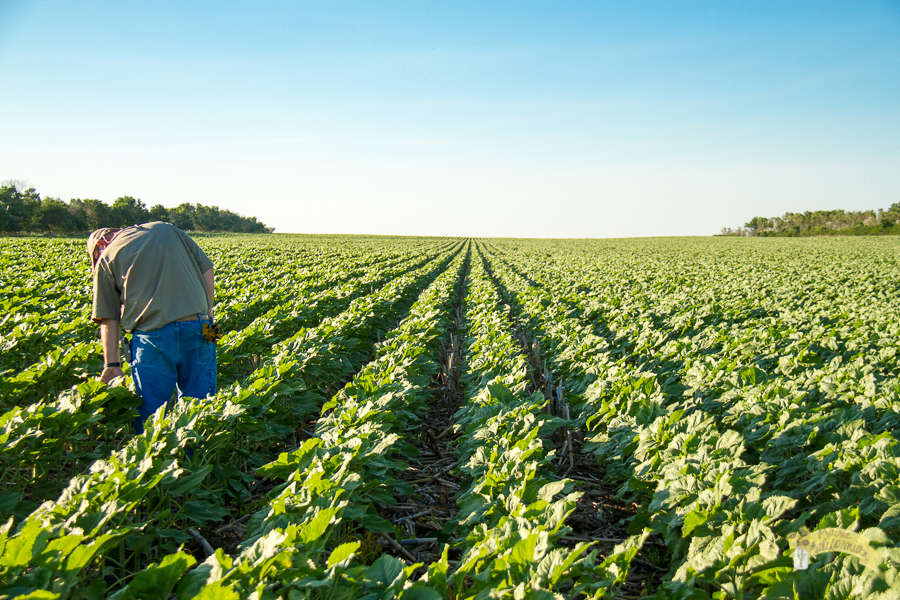
Exactly what is an agronomist?
An agronomist is an expert who applies scientific understanding and strategies into the management and creation of crops. Agronomists operate in many different settings, from farms and ranches to govt organizations and private corporations. They can also do the job in research laboratories or educate at colleges and universities.
Most agronomists have no less than a bachelor's degree in agronomy or maybe a associated industry, like agricultural science or soil science. Quite a few agronomists also have master's degrees or doctorates. The exact nature of the agronomist's job is dependent upon his / her specialty and employer.
Agronomists play an important job in making certain that crops are healthier and successful. They use their understanding of plant science to create means to improve crop yield, battle pests and diseases, and preserve water as well as other resources.
The purpose of the agronomist
is to help the world meet its increasing food output read more requirements. According to the U.S. Bureau of Labor Stats (BLS), work for agronomists is predicted to increase quicker than average, with openings on account of advancement and substitution needs.
The work of an agronomist
is difficult and satisfying, with agronomists typically getting involved with analysis and schooling.
The education of an agronomist
Agronomists require at the very least a bachelor's degree in agronomy or relevant area from an accredited uni.
The way forward for agronomy
Agronomists help to make certain that the earth's population has more than enough food stuff, they usually do the job to further improve crop yields and cut down agriculture's influence on the ecosystem. The BLS suggests that agronomists are in demand, but the level of competition for Positions is probably going to become strong.
Conclusion
Agronomists are concerned with the study of plants, and they work in many different fields, from agricultural investigation to boosting crops. Agronomists are necessary to make certain that crops are produced for consumption, but they also help produce biofuels and other plant-based products and solutions.